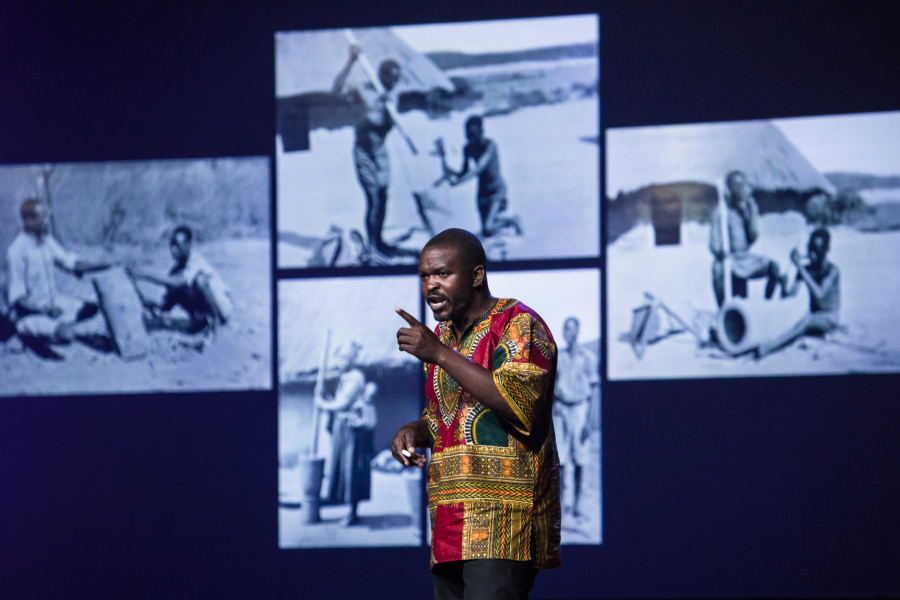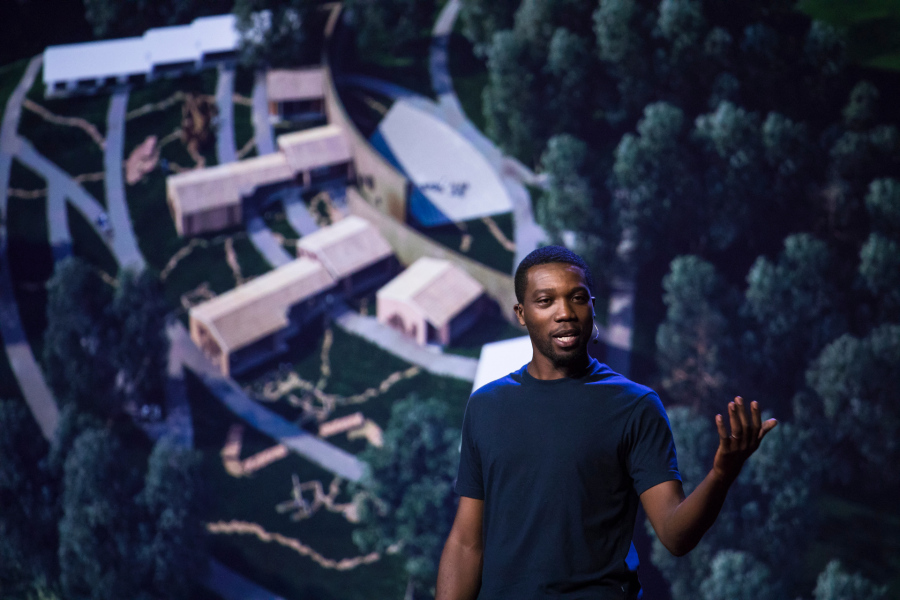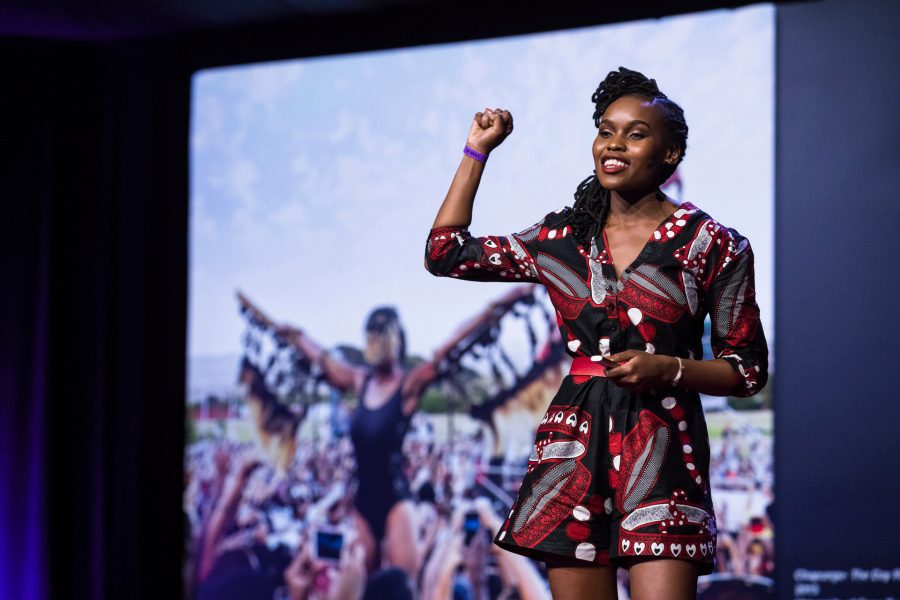TEDGlobal 2017 Tanzania Session 3 – One Jump Forward

Does Africa have more opportunities, ones we have yet to see, to skip over established methods and create an improved, secure future? The Leapfrog session of TEDGlobal 2017 speakers had some stimulating ideas to share.
TEDGlobal 2017 Session 3 Speakers
Chika Ezeanya-Esiobu
Believes that there are immense stores of African cultural, medical, and scientific knowledge that are untapped, in danger of being forgotten if we let their custodians die without passing them to successive generations. She believes this is happening because, at some point, Africa’s authentic knowledge pathways gave way to education that served the interests of colonial masters. “Our education in Africa does not foster a sense of curiosity about our own environment,” she says. “Our education prepares us to be recipients of pre-packaged knowledge, designed to address someone else’s challenges.”
ALSO READ: TEDGlobal 2017 Tanzania Session 4 – Exploring hard truths
Amar Inamdar
Draws our attention to an ongoing energy revolution that is sweeping across East Africa, and the rest of the continent, in a pattern that looks a lot like how mobile telephony made landlines obsolete seemingly overnight.
 Amar Inamdar loves solar power. As he says: “Off-grid energy has reached a point where it’s a viable alternative to the grid. If we nurture it right, it promises us the opportunity to meet two extraordinary goals: energy access for all and a modern, low-carbon future. We’ll come to know it as the democratization of energy. Every household a proud producer of power for all.” Photo: Ryan Lash / TED
Amar Inamdar loves solar power. As he says: “Off-grid energy has reached a point where it’s a viable alternative to the grid. If we nurture it right, it promises us the opportunity to meet two extraordinary goals: energy access for all and a modern, low-carbon future. We’ll come to know it as the democratization of energy. Every household a proud producer of power for all.” Photo: Ryan Lash / TED
Kamau Gachigi
Has been consumed with empowering creators and makers in Kenya with the platform and tools to test out their ideas without needing to go to China. This drive culminated in his leadership of Gearbox, a makerspace and hardware accelerator that provides a rapid prototyping environment for professionals — which includes people with no formal engineering background.
ALSO READ: TEDGlobal 2017 Tanzania Session 5 – Visual Thinking
 Kamau Gachigi runs Gearbox, a makerspace in Nairobi that’s focused on inventors and creators who need the room and tools to make prototypes and start businesses — and that has empowered some big successes. Photo: Ryan Lash / TED
Kamau Gachigi runs Gearbox, a makerspace in Nairobi that’s focused on inventors and creators who need the room and tools to make prototypes and start businesses — and that has empowered some big successes. Photo: Ryan Lash / TED
Joel Jackson
Is also all about hardware. In his case, it’s making cars that are tough enough to withstand harsh African roads. Also, the cars need to stay within the economic reach of the people who need them the most.
Sara Menker
Quit a lucrative career in commodities trading to figure out how the global value chain of agriculture works. Her discoveries have led to some startling Malthusian predictions. Her exact words: “A tipping point in global food and agriculture could occur if surging demand for food surpasses our agricultural systems’ structural capacity. At that point, supply can no longer keep up with demand, despite exploding food prices. People may starve. Governments may fall.” And said tipping point could occur in as soon as a decade.
 Does this photo make you hungry? It should actually make you a bit nervous: this giant hamburger, says Sara Menker, represents the 214-trillion-calorie deficit we can expect globally within a decade unless we rethink our agriculture system. Photo: Bret Hartman / TED
Does this photo make you hungry? It should actually make you a bit nervous: this giant hamburger, says Sara Menker, represents the 214-trillion-calorie deficit we can expect globally within a decade unless we rethink our agriculture system. Photo: Bret Hartman / TED
ALSO READ: TEDGlobal 2017 Tanzania Session 6 – Urban 3.0
As eCommerce startups have found, getting things from point A to B in Africa is a massive challenge. You could buy tougher vehicles. You could build better and longer roads. However, you could use drones. Keller Rinaudo’s startup, Zipline, uses drones to ship blood from a centralized supply bank to any location, no matter how remote, usually within 30 minutes. According to Rinaudo, Paul Kagame and the Rwandan ministry of health made a big bet in 2016 when they signed a commercial contract with his company. As of the middle of 2017, the system has not only improved Rwanda’s healthcare system but has also given the country an aerial logistics network.
All Sessions
1. Session 1 – A New Map
2. Session 2 – A Path Forward
3. Session 3 – One Jump Forward
4. Session 4 – Exploring hard truths
5. Session 5 – Visual Thinking
6. Session 6 – Urban 3.0
7. Session 7 – Power Up
8. Session 8 – Manifestos







Responses